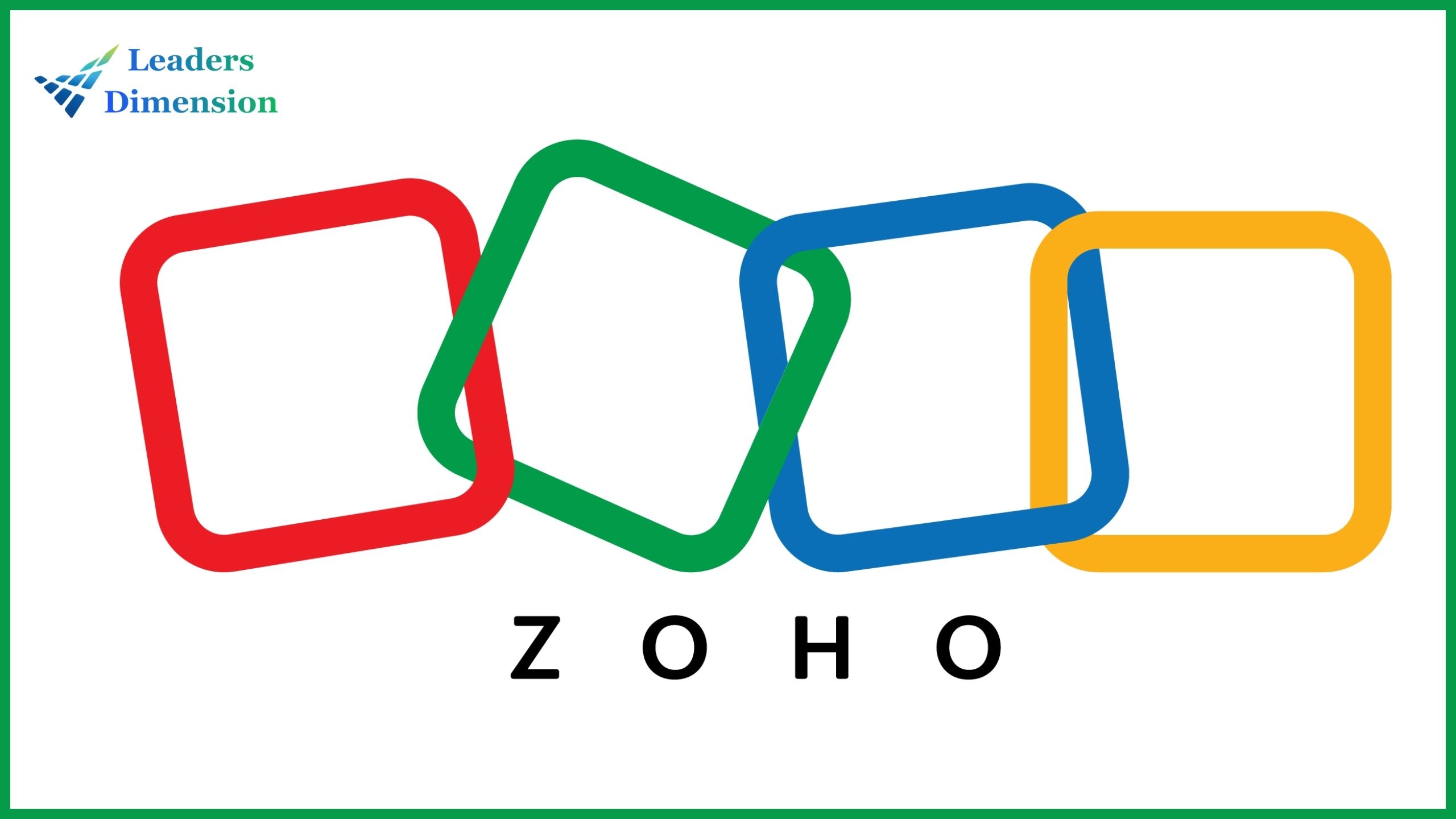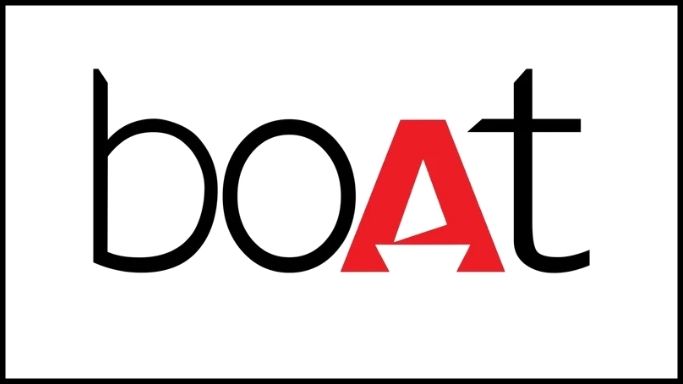"Zoho Corporation: Building a Global Tech Powerhouse Through Independence, Innovation, and a Privacy-First Approach"
Zoho Corporation is a global technology company that provides cloud-based software solutions designed to help businesses operate efficiently across various functions. Known for its extensive suite of applications, Zoho offers tools for customer relationship management (CRM), productivity, finance, human resources, marketing, IT management, and more.
Founding and Vision
Shridhar Vembu, who holds a Ph.D. in Electrical Engineering from Princeton, launched Zoho with a mission to create affordable, high-quality software solutions. Initially, the company operated under the name AdventNet, focusing on network management solutions, before rebranding to Zoho Corporation in 2009. Vembu aimed to provide a comprehensive suite of business software that could rival tech giants while remaining accessible to smaller businesses.
Product Strategy and Innovation
Diverse Product Suite: Zoho offers over 50 applications, ranging from CRM, HR, finance, and collaboration tools to office productivity and IT management software. This extensive suite makes Zoho an attractive alternative for businesses seeking an all-in-one solution without managing multiple vendors.
Product Quality and Innovation: Zoho has been keen on innovation with robust and user-friendly products. The company also frequently adds new features and upgrades to keep up with the changing needs of the market.
Focus on Privacy: Zoho’s commitment to data privacy has set it apart, as it avoids advertising-based revenue, which often involves user data exploitation.
Growth Strategy
Bootstrapping and Independence: One of Zoho's most remarkable aspects is its entirely bootstrapped journey. It has not taken any external funding, enabling Zoho to focus on long-term goals rather than short-term profit metrics driven by investors.
Rural Talent Development: Vembu believes in decentralizing business operations and making a positive impact on rural communities. He set up offices in rural India, including Tenkasi in Tamil Nadu, to tap into local talent. This approach not only brings economic opportunities to these regions but also reduces operational costs.
Focus on Customer Satisfaction: Zoho has prioritized customer satisfaction and loyalty over aggressive marketing. This strategy has fostered a highly loyal customer base and long-term growth.
Revenue Growth and Valuation
Zoho’s revenue has seen consistent growth, fueled by its diverse range of products and customer retention. Though private and not publicly traded, Zoho’s valuation has been estimated at around $5 billion, according to recent reports.
Global Reach and Customer Base
Wide User Base: With over 90 million users worldwide, Zoho’s products serve a diverse customer base, including small businesses, large enterprises, and individual entrepreneurs. The United States is its largest market, though it also has significant traction in Europe, India, and other regions.
Localized Products and Support: Zoho invests heavily in localized versions of its software to cater to different languages, currencies, and business practices. This globalized approach has helped Zoho build a loyal customer base across various regions, all without heavy reliance on traditional advertising.
Pricing Strategy and Competitiveness
Affordable SaaS Offering: Zoho's pricing is highly competitive, especially compared to industry giants like Salesforce, Microsoft, and Google. This pricing approach has made Zoho attractive to small and medium-sized businesses looking for affordable alternatives with comparable quality.
Bundling and Flexible Pricing: Zoho’s “Zoho One” suite, branded as the "Operating System for Business," offers over 45 applications under a single subscription for a relatively low price. This has proven extremely popular, particularly with startups and growing businesses, enabling seamless integration across functions.
Challenges and Competitions
Tech Giants: Zoho faces competition from giants like Microsoft, Salesforce, and Google. Despite this, Zoho has managed to carve out a loyal customer base by focusing on affordability, privacy, and feature-rich applications.
Remote Work Adaptations: The pandemic posed challenges and opportunities for Zoho. It rapidly adapted by introducing remote collaboration tools to support businesses in the work-from-home environment.
Extensive Product Ecosystem: Zoho’s extensive portfolio includes over 50 integrated applications, covering almost every essential business function, from CRM and sales automation to finance, marketing, HR, and IT management.
Research and Development: Zoho has a long-term R&D focus, which has enabled it to develop all of its technology in-house rather than through acquisitions. This commitment to R&D accounts for about 30% of Zoho’s workforce being dedicated to it, resulting in highly tailored, tightly integrated software solutions.
Data Privacy Focus: Zoho maintains a strict policy on data privacy. Unlike other tech giants that derive revenue from ads, Zoho avoids data monetization. Vembu has built Zoho on a “privacy-first” approach, appealing to customers who are wary of data exploitation.
Growth through Rural Empowerment
Rural Offices and Decentralization: In a pioneering move, Vembu relocated to a village in Tamil Nadu and established Zoho offices there, part of his mission to bring tech jobs to rural areas. This strategy taps into underutilized talent and spreads wealth beyond urban centers. Currently, Zoho has campuses in several rural areas in India, including Tenkasi, and plans to expand.
Talent Development: Zoho trains local talent directly rather than requiring a formal college degree, which supports skill development in underprivileged communities. Through its “Zoho Schools of Learning” initiative, the company recruits high school students and offers specialized training, later hiring them into full-time roles.
Future Plans and Vision
Zoho continues to emphasize self-reliance, innovation, and privacy, intending to expand its product offerings and market reach. It is also likely to continue its rural expansion model, aiming to make a global impact while contributing to local communities.
Lessons from Zoho’s Journey
Zoho’s story highlights the potential of bootstrapped growth, customer-centricity, and a commitment to ethical practices. Shridhar Vembu's unconventional approach, focusing on local talent and rural empowerment, proves that tech success can stem from places far removed from traditional tech hubs.
- 11 November 2024






